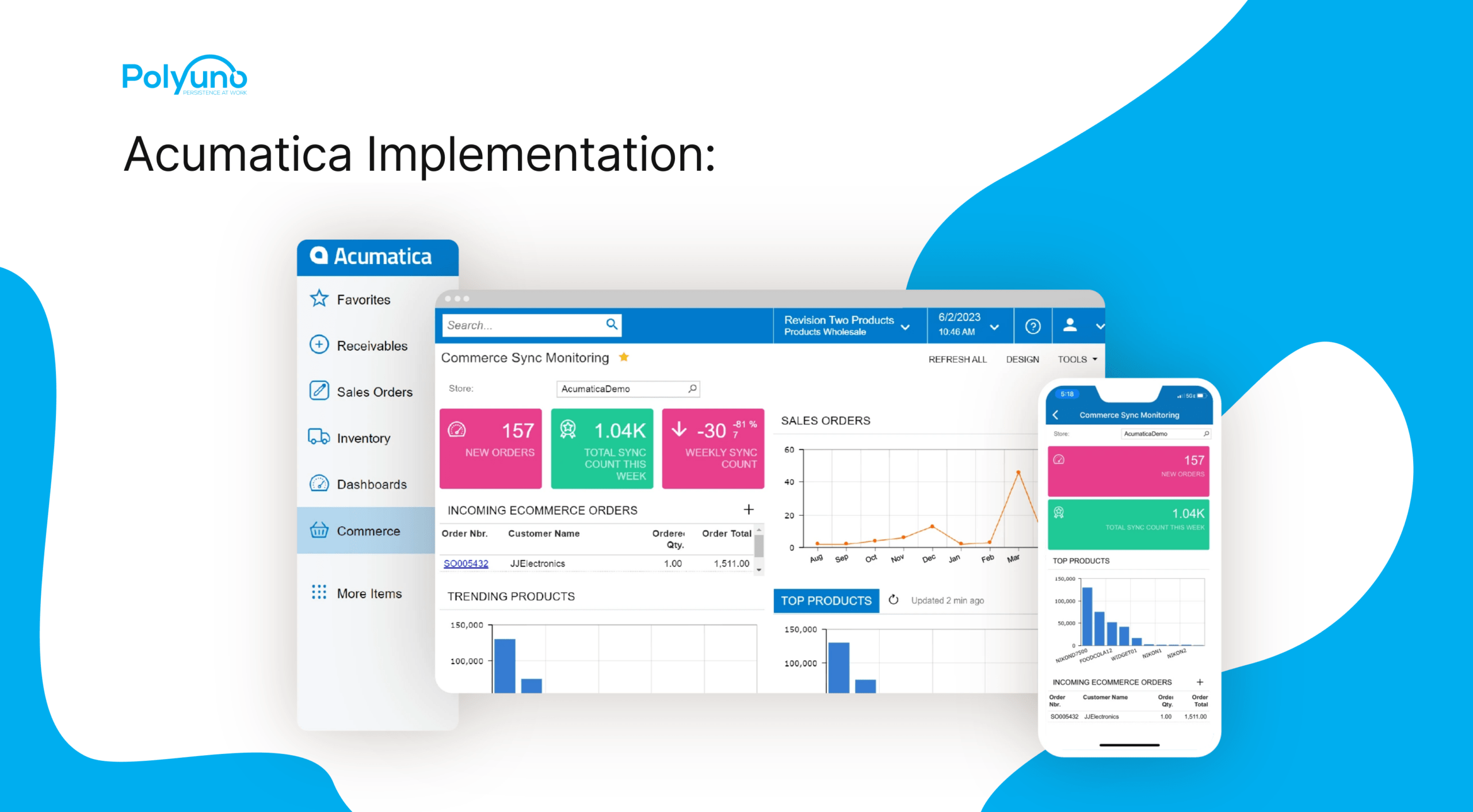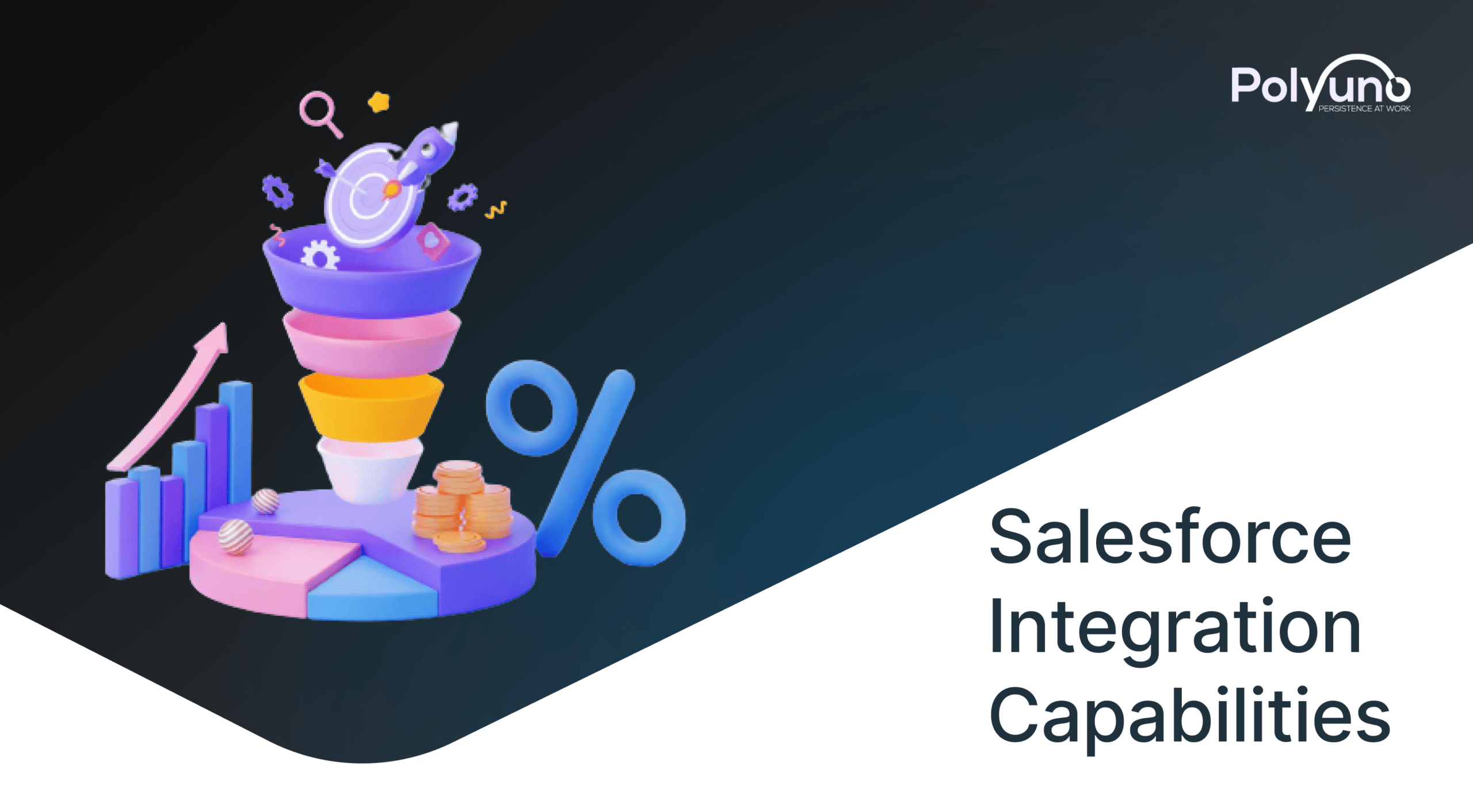On-Page SEO is one of the most important components of your overall SEO campaign. Search engines use it to determine what your page is about and what keywords your website matches.
On-page SEO is vital for any successful SEO campaign. Without it, you will not rank for your target keywords.
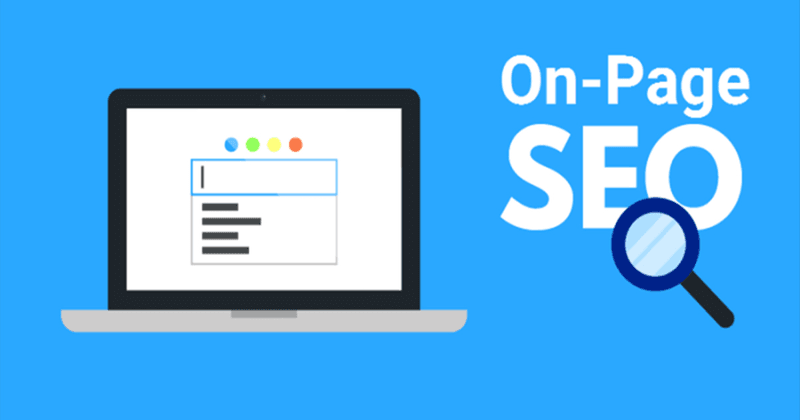
Investing in on-page SEO from the very beginning is imperative for new businesses. Businesses can use this technique to reach their target demographic with their message, securing a highly effective way to market their products and services. This approach can help increase chances for growth as the business develops. Optimization and utilization of On-Page SEO combined with other online marketing channels is the best way to create a successful campaign.
Want to learn if on-page SEO is right for your business? Start by examining these 10 factors. The information in this article can help you make a more informed decision about your business and website. Keep reading to find out why on-page SEO is so important.
TLDR
- On-page SEO refers to the SEO elements that are controlled by you on your webpage.
- Among the components of on-page SEO are content, headlines and headers, image optimization, title tags, meta descriptions, and website loading speed.
- It is crucial to have good on-page SEO since many of the signals Google uses to rank your website are from within the page.
- A significant part of your ranking is affected by On-Page SEO factors.
- It is important to ensure your on-page SEO works well since these factors are what your users most interact with.
What Is On-Page SEO?
On-page SEO refers to the practice of optimizing websites for specific keywords in order to increase search visibility and traffic. Optimizing a webpage involves aligning page-specific elements with keywords, including title tags, headings, and content.
To maximize on-page SEO, you should speak the "search engines' language" and help search engine crawlers understand your page's meaning and context.
Along with publishing relevant, high-quality content, on-page SEO also includes optimizing your headers, title tags, metadata, and image tags. Additionally, it means ensuring you build your website with a high level of expertise, authority, and trustworthiness.
What Is The Importance Of On-Page SEO?
Google returns results based on what it thinks is the most relevant and provides the best answer when someone searches. This is where On-Page SEO comes in. The on-page SEO elements demonstrate the purpose of your website to the search engines. By doing so, Google will identify when your content is appropriate and useful for a search and bring your page up in the results.
Search engines are becoming more and more sophisticated every day, crawling your page for relevant keywords to determine the quality of your site. Searching for a competitive keyword, you'll see that all top-ranking pages use nearly the same primary keywords in their titles. Including keywords on your page solely for SEO, purposes will not work. It is also important to optimize your content to reflect factors such as user experience, page loading speed, and many more.
10 Essential Factors Of On-Page SEO
You need to put a lot of effort into your on-page SEO strategy if you want your website to appear on page one of search engines. Keeping that in mind, let's review the essential factors of on-page SEO.
E-A-T
A framework called E-A-T evaluates content creators, webpages, and websites based on Expertise, Authoritativeness, and Trustworthiness.
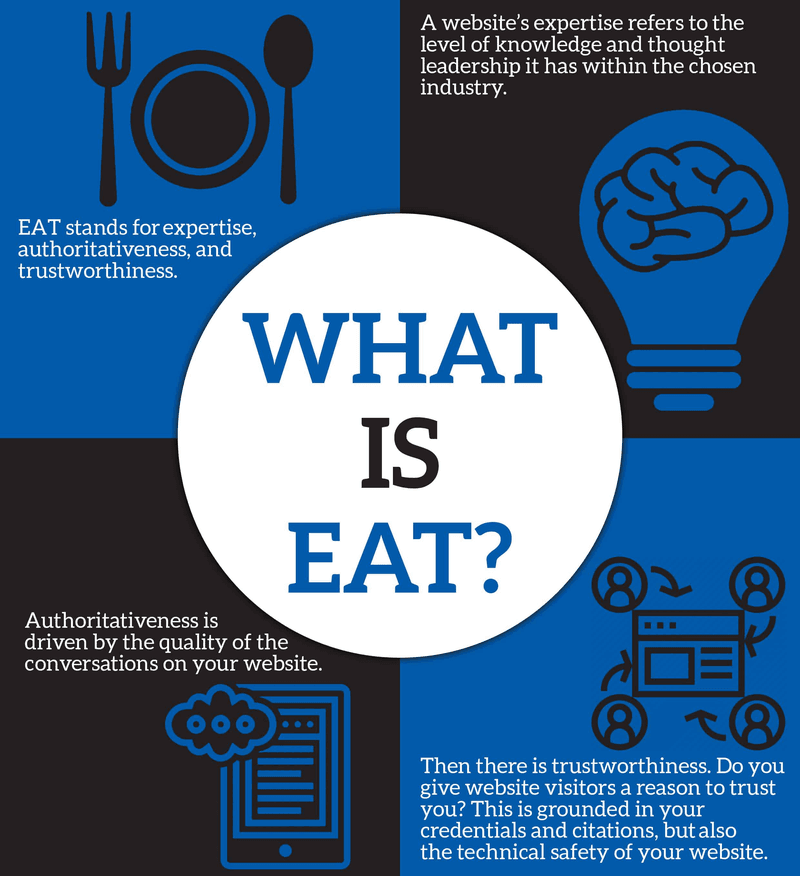
The quality of content has always been of paramount importance to Google. This algorithm focuses on rewarding sites with high-quality content with higher rankings, and penalizing sites with low-quality content with lower visibility.
Content that appears in Google's search results and what it considers high-quality content are clearly related.
One thing is clear, however: E-A-T influences Google's organic search results - either by correlation or by causation. Content appearing on search engine results pages correlates very closely with the standard content Google considers to be high-quality. E-A-T is, therefore, an important consideration when developing on-page SEO strategies.
Create Specific Landing Pages
Customized landing pages that include your desired keywords and pertain to your products or services are not only beneficial for search engines, but also for your website's visitors and potential customers.
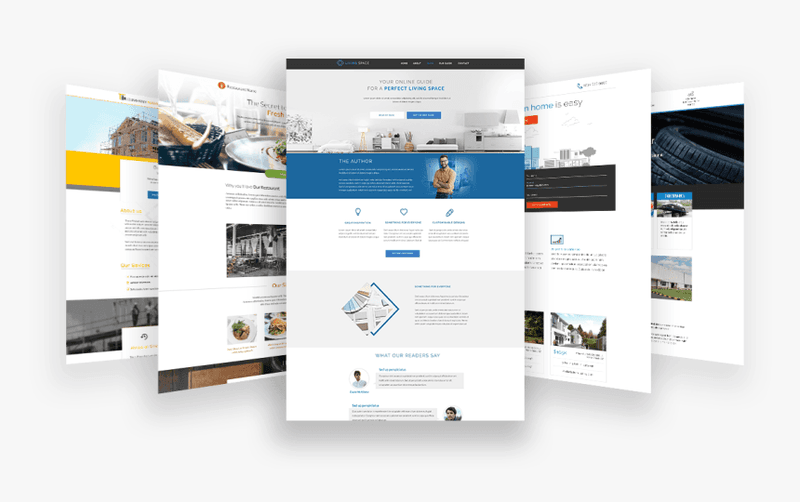
The purpose of a specific landing page is to explain in great detail the features and benefits of the specific product or service your company offers. The landing page is also a great opportunity for you to optimize for your most profitable keywords and properly attach them to the meta title and description.
Identify the best keywords to use for your product/service and develop as many specific landing pages as possible.
Optimized Meta Description and Title Tags
Content and metadata on each page of your website should be optimized in order to make them more search engine friendly, especially Title Tags and Meta Descriptions.
- Title Tags - There is nothing more powerful than creating title tags for each of your web pages as a kind of text advertisement for that page that potential readers will first see in their browsers even before the page has completely loaded. It is important to make your content unique and descriptive so that viewers will be more interested in what you have to offer and will explore more. For title tags, it is best to keep their size between four to eight words or 60 to 70 characters.
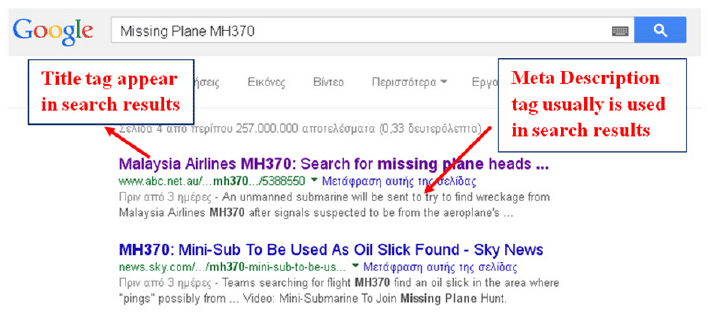
- Meta Description- A meta description of a particular page is a brief summary of the content that appears during search engine results. You can use the Meta Description on your website to entice readers to look at some of the other materials on your site.
Pro Tip: Make sure you do not create a generic Meta Description and duplicate it on all of your pages.
Right Set of Keywords
Search engine optimization and organic search ranking can be greatly improved by identifying and using effective keywords.
If you mention your specific keywords, products, and services at least a few times throughout your content, search engines will find it more valuable. By doing this, you increase your site's chances of being ranked higher in search engines as it becomes more relevant and meaningful to those searches.
Be sure your keywords are relevant and frequently searched for. In developing your keyword set, you want to focus on a combination of relevant phrases that will help you attract more visitors to your website. It also helps you to ensure that your message is delivered to your intended audience.
It is therefore essential that you conduct extensive research on the keywords which are most relevant to your SEO campaign before deciding on a set of keywords.
High Quality and Authentic Content
You should always create original content for your website and avoid copying it from other places. The content should be useful to people and easily understood. Various benefits will accrue from this. A quality piece of content is more likely to be shared and liked by others. Your content must be relevant to the keywords you use in order to accomplish this. It's critical that the title, subheadings, descriptions, and other highlighted text remain focused and on topic. Additionally, make sure you do not over-upload your website as this will cause the speed to suffer.
On average, users wait no more than a few seconds for their websites to begin loading. If your website takes too long to load, it may be considered a no-go site and you don't want to be labeled as one.
If you are concerned about your content being used by other websites, you can also hire experienced and highly-skilled writers to help you. Having an authority website will allow your website to gain prominence. Your website should have interesting content to keep users on the page for a longer period of time. It should also feature images and animations to keep users intrigued.
Heading Tags (H1, H2, H3, and others)
Heading tags are snippets of HTML code that assist search engines and users with understanding what content a page contains at a glance.
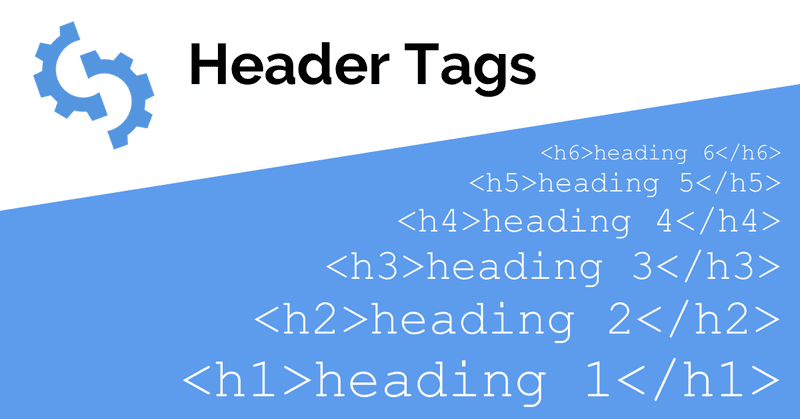
In the body of the page, there should be one H1 and one H2 tag highlighting the main categories of information.
You want your headings to summarize what is in the following section of your content. To that end, you should use heading tags that are as specific as you can.
The structure of your headings should begin with the general and then progress to the specific. Search engines are better able to identify a page's topical focus with this kind of structure.
You can improve your on-page SEO in several ways by using multiple header tags (H1 tag, H2, H3, and others.) on your pages. The first benefit is that you make your text much easier for readers to read. A page with a lot of text on it will not likely attract visitors and they will leave the page after some time. By using multiple headers, users are able to easily understand the content, which improves the overall user experience (a significant factor for Google).
Additionally, subheadings help Google understand what each page contains. Whenever you craft headers, include at least one or two H2 headers with your primary keyword. If appropriate, repeat the primary keyword in the H3 or other headers. Consider including a longtail keyword in some headers. This will help Google understand your topic better.
Image Optimization and Alt Tags
Enhancing your web pages with images is an excellent way to make them more engaging. Images aren't created equal - some can even affect the speed of your website.

You will be able to make the most of an important SEO asset by optimizing your images.
Many advantages can be gained from image optimization, including:
- The opportunity to rank higher (show up on Google Image Search).
- Providing better user experiences.
- Improved page loading speed.
You shouldn't leave images to the last minute. Utilize descriptive titles and alt tags for your images and make sure they support your content. ALT tags help search engines understand what content is on a page by providing information about pictures, videos, and other media.
In spite of the fact that search engines can read and understand text, they are unable to comprehend images and videos.
Any time you include a multimedia element on your website, be sure to provide an alt attribute. Think of it as the title of the multimedia piece.
For example, if you have a picture of Black block heels on your women’s shoe page, you should set the alt tag to "Black block heels". By setting the alt tag, you give Google information about the image so that they understand it better.
Link Building
Link building is one of the most important aspects of on-page SEO that shouldn't be overlooked. Both internal and external links should be included on all your web pages.
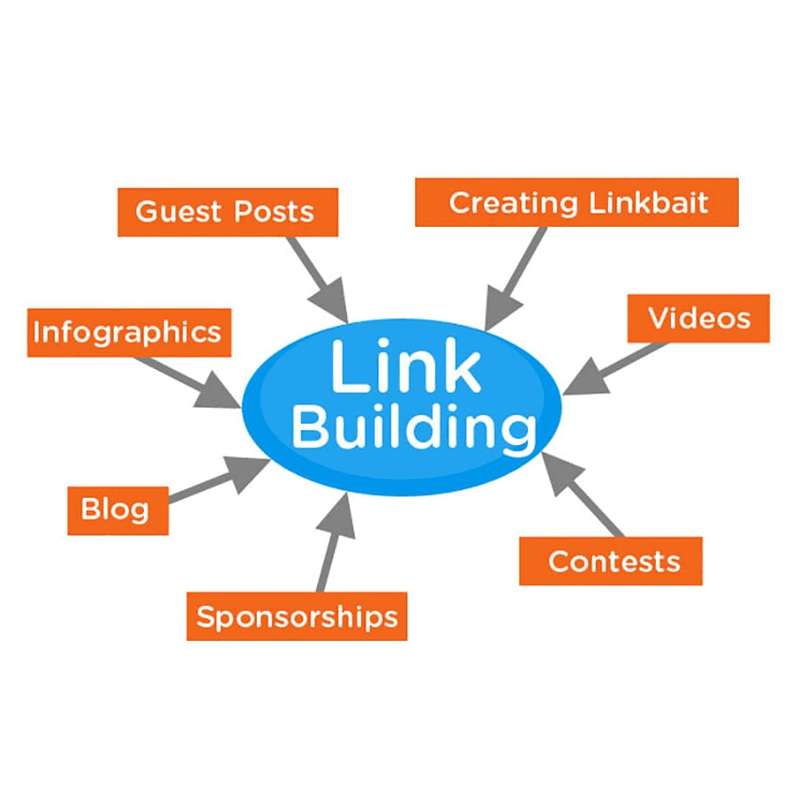
Internal links: Internal links are links on your page that lead to another page within your website.
External links: External links are links that lead your visitors to pages on other websites.
Where you link to your website can give Google a lot of information about your website. Links from external sources provide search engines with insight into what business you are in and what problem your site addresses, thereby determining whether your site is relevant to a search query.
Enhance your search engine ranking by linking to high-authority websites. By doing so, you'll be a part of a community of experts. It also benefits your content since your users will find it helpful. If people fall down your rabbit hole of helpful resources, you have a greater chance of success than leading them down to nowhere.
By creating internal links, you allow the authority to flow from page to page within your site. In order to have a high ranking for all your pages, you should link to the other pages of your website that have high authority.
URL Structure
In order for search engines to understand your website, your URL is an integral part of the puzzle. When it comes to on-page SEO, simple URL structures and SEO-friendly URLs are crucial.
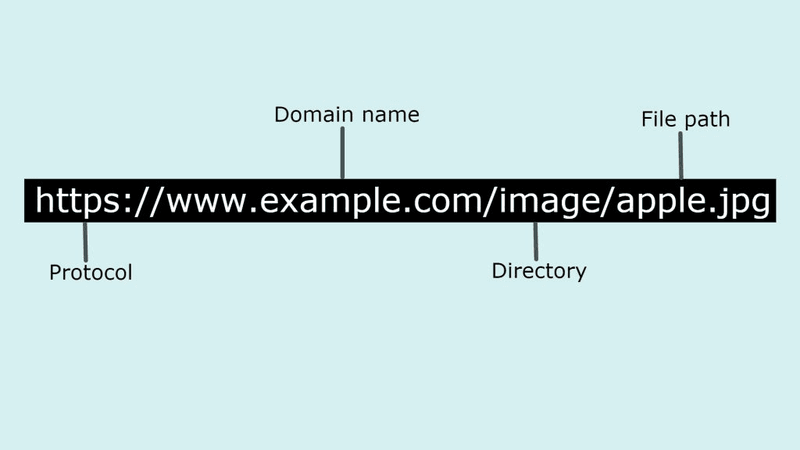
The hierarchy of a site is based on the URL structure. In order for search engines to determine the relevance of a page, this information should be readily available. It is wise to use clear, concise URLs that include the topic of the page.
Create categories for your pages so users and search engines can find what they're searching for more easily. Uncategorized items are hard to manage and make for a bad user experience.
The URL should allow both search engines and users to figure out what's on your website. Each URL should include:
- Be composed of words instead of a number
- Use the target keyword (do not stuff the page with keywords!)
- Put all letters in lowercase
- Hyphens should be used instead of underscores to separate words
- Be brief, to the point, and simple
- Be HTTPS secure
Optimize Page Speed
The speed of loading a page is also an On-page SEO ranking factor that has gained more weight as of late and has become increasingly important for Google. Statistics show that the bounce rate for websites that load within two seconds is 9% on average, whereas for websites that load in five seconds the bounce rate shoots up to 38%.
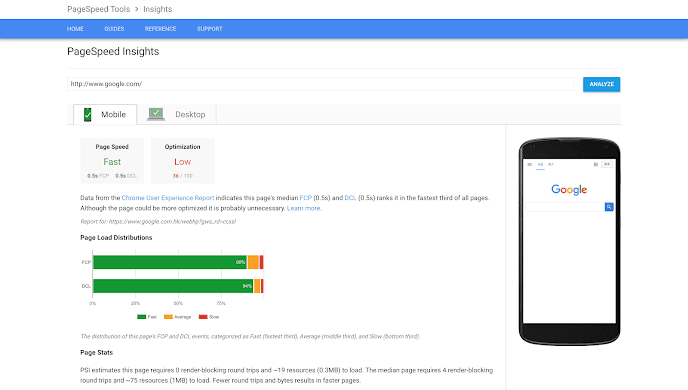
Increasing the speed of the web requires considerable effort. Websites must take speed into account as part of their efforts to improve their ranking on search engines.
In addition, loading speed has now also been incorporated into the algorithms of search engines. A faster website is best for both search engine optimization and customer satisfaction. A faster loading page leads to a better conversion rate since customers do not want to wait around for pages to load.
Conclusion
A search engine optimization expert must pay attention to on-page elements because this is the most crucial and important aspect of SEO. Optimizing On-Page SEO will make Google notice your website and make it possible to reach the top rank.
Applying the On-Page SEO techniques outlined above will improve your website's ranking in search results. Even though this process may initially seem tedious and time-consuming, the amount of targeted traffic it can generate for your website will be worth it in the end.
If you are having trouble ranking higher with On-Page SEO, let PolyUno help you out.
Sign up today and let our team of experts assist you in implementing these tips on your website to make it optimized not only for search engines but also for your targeted prospects.


